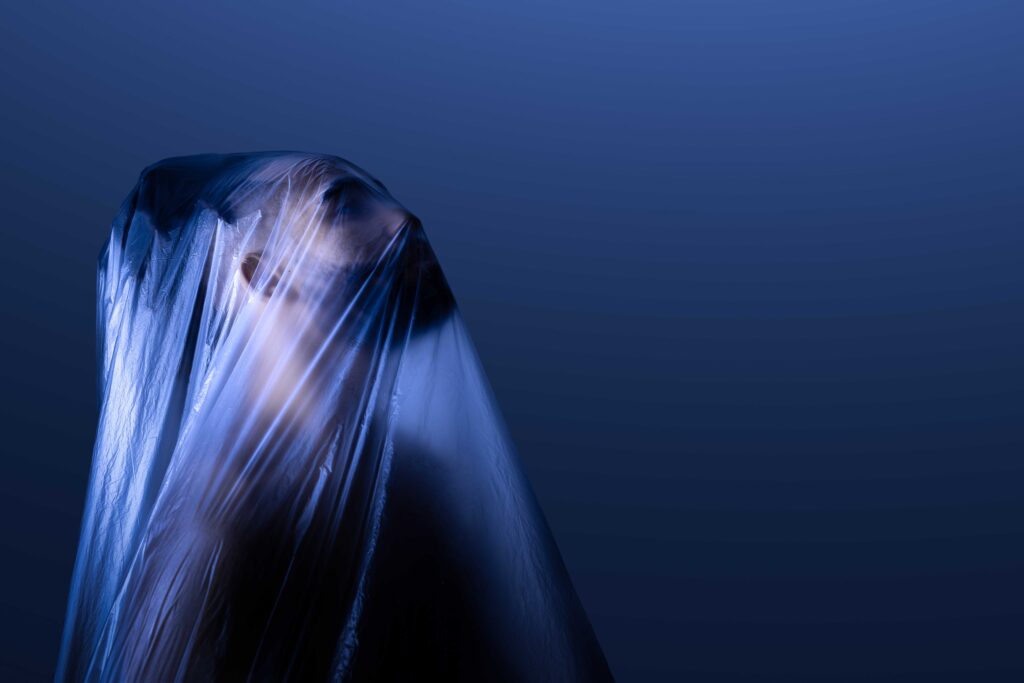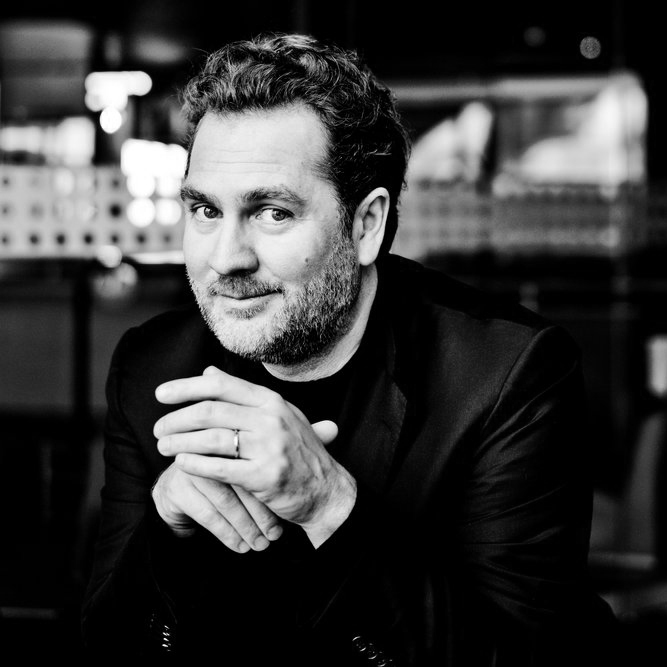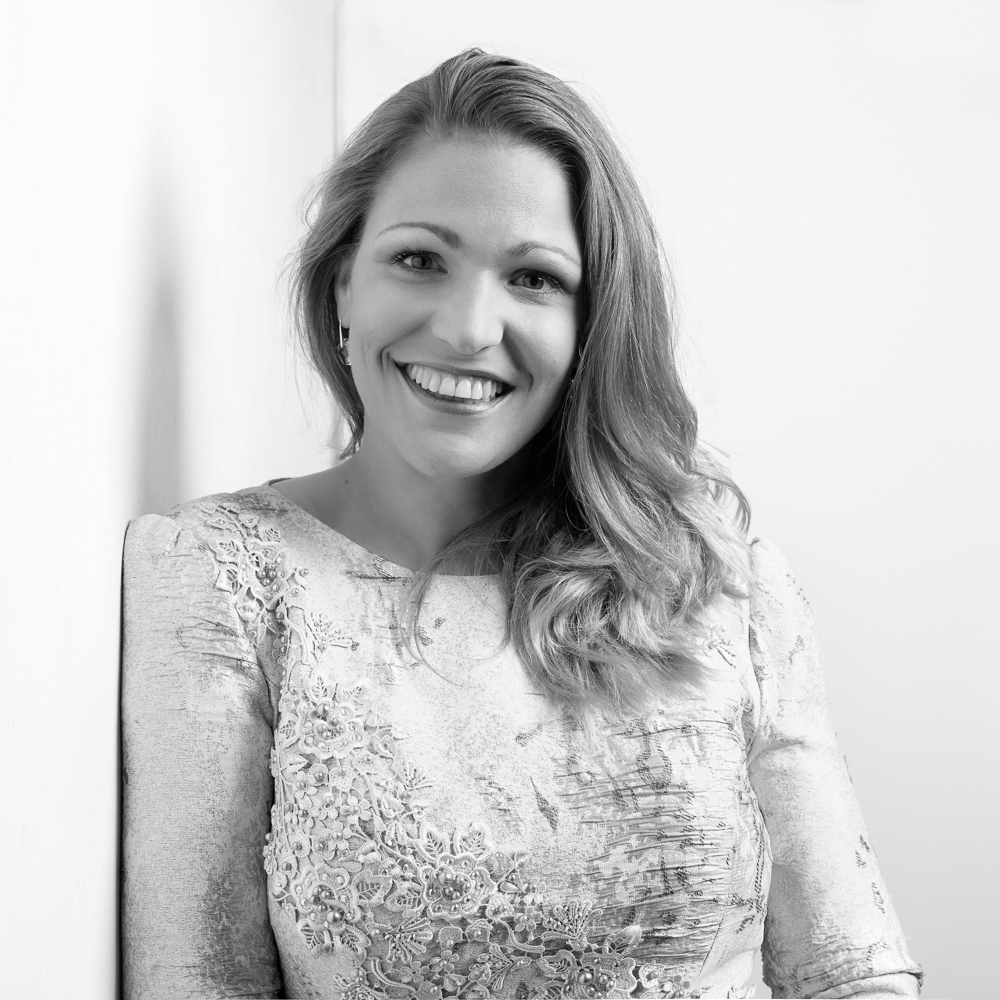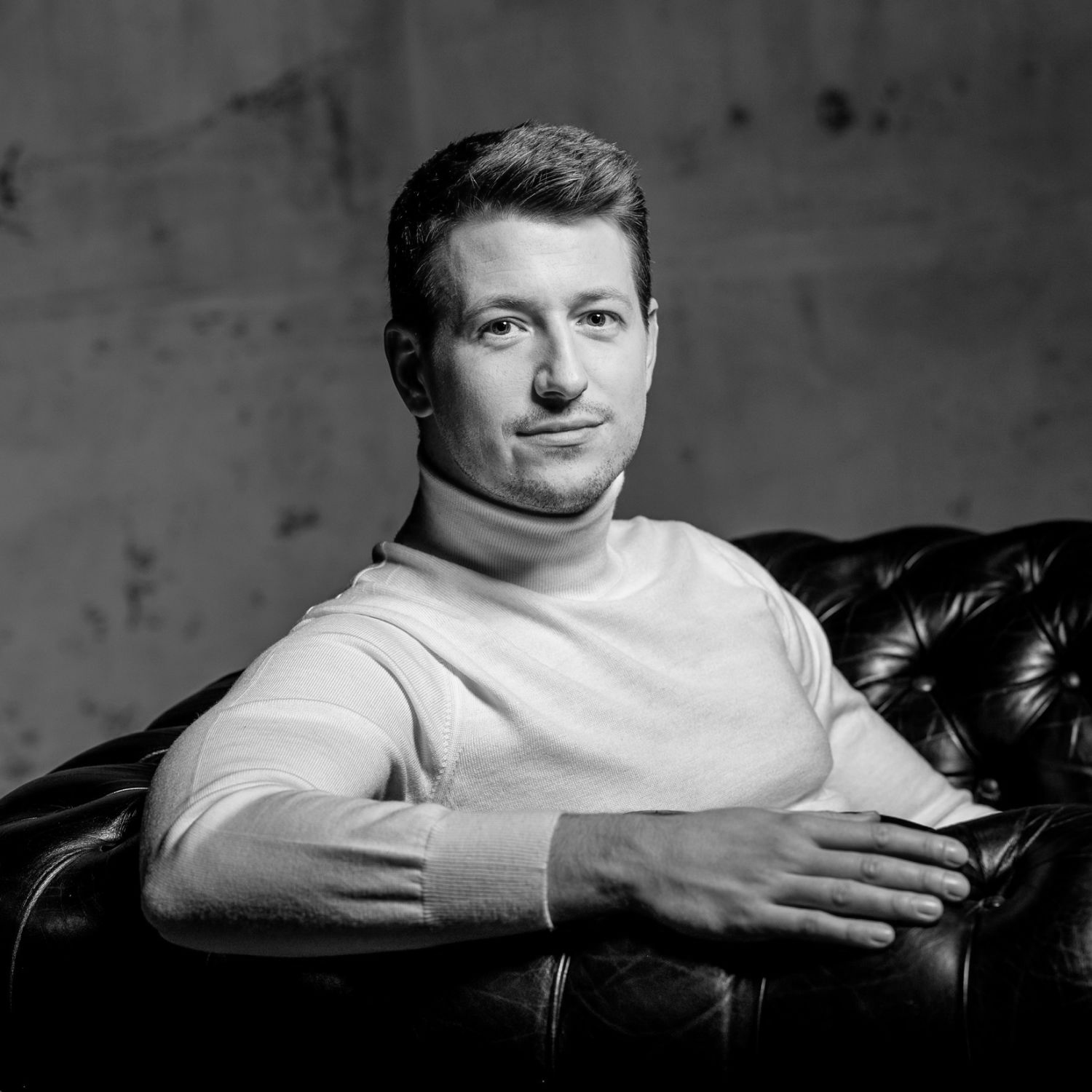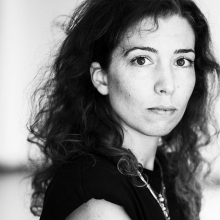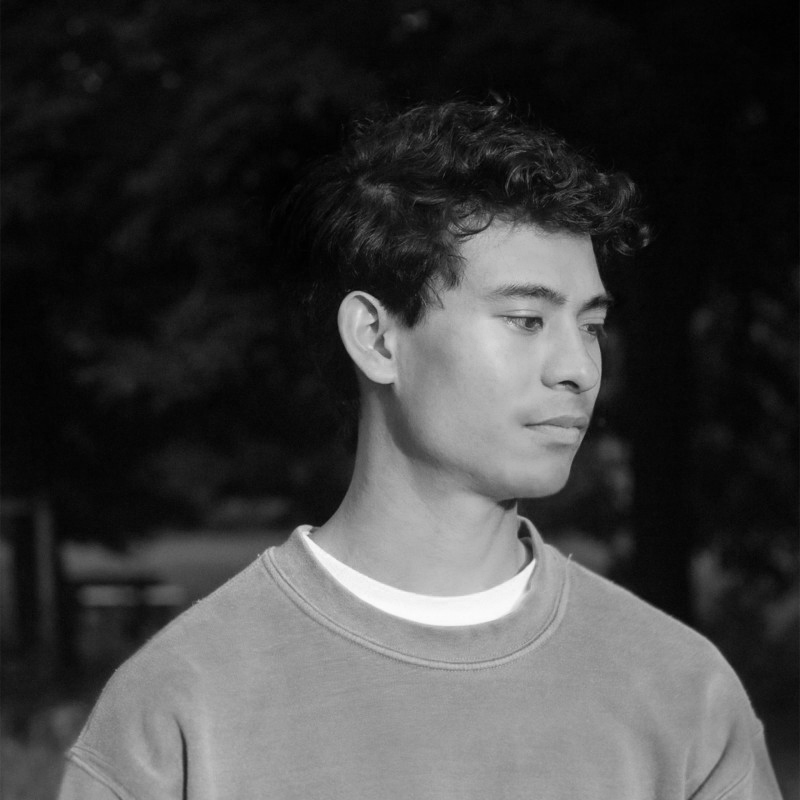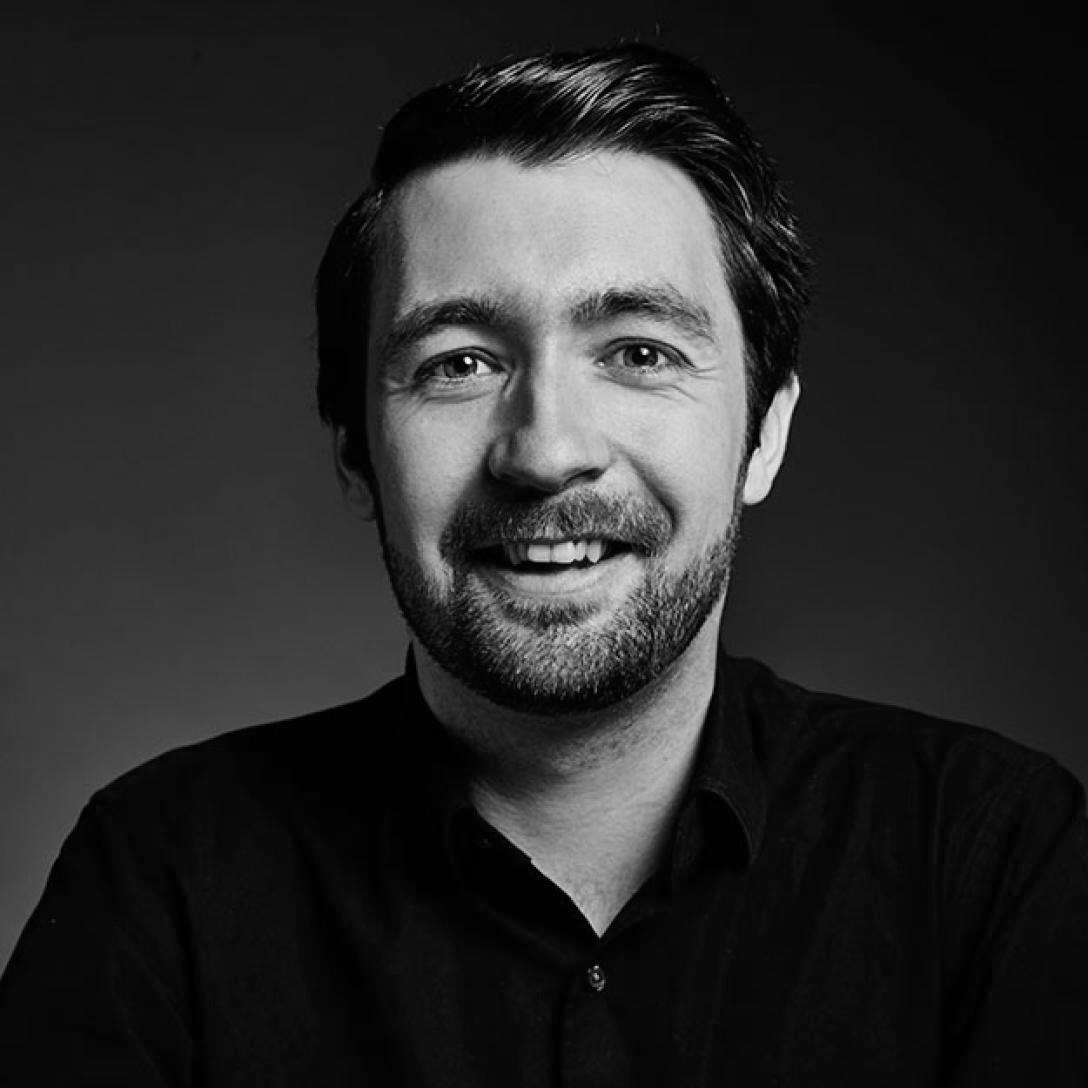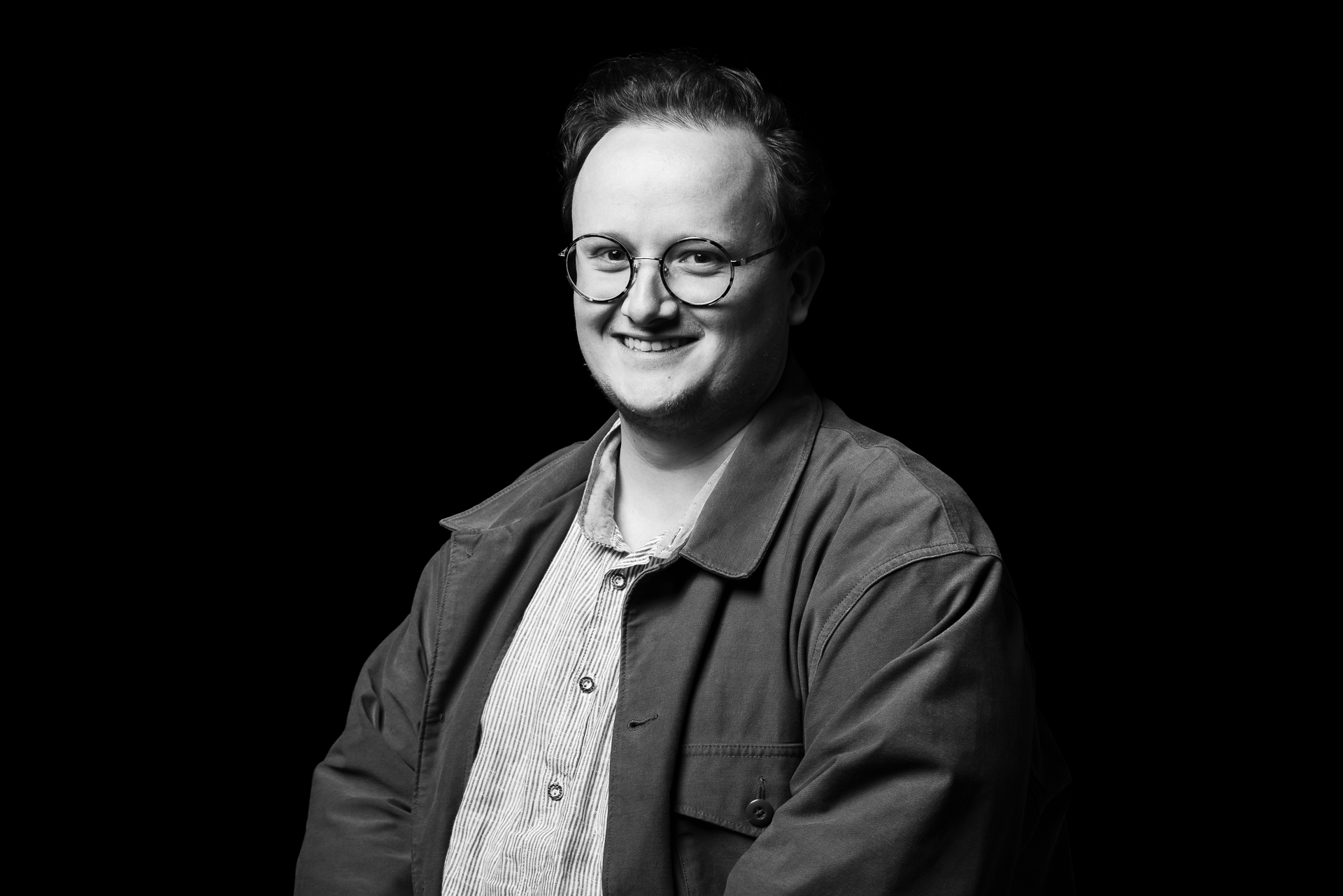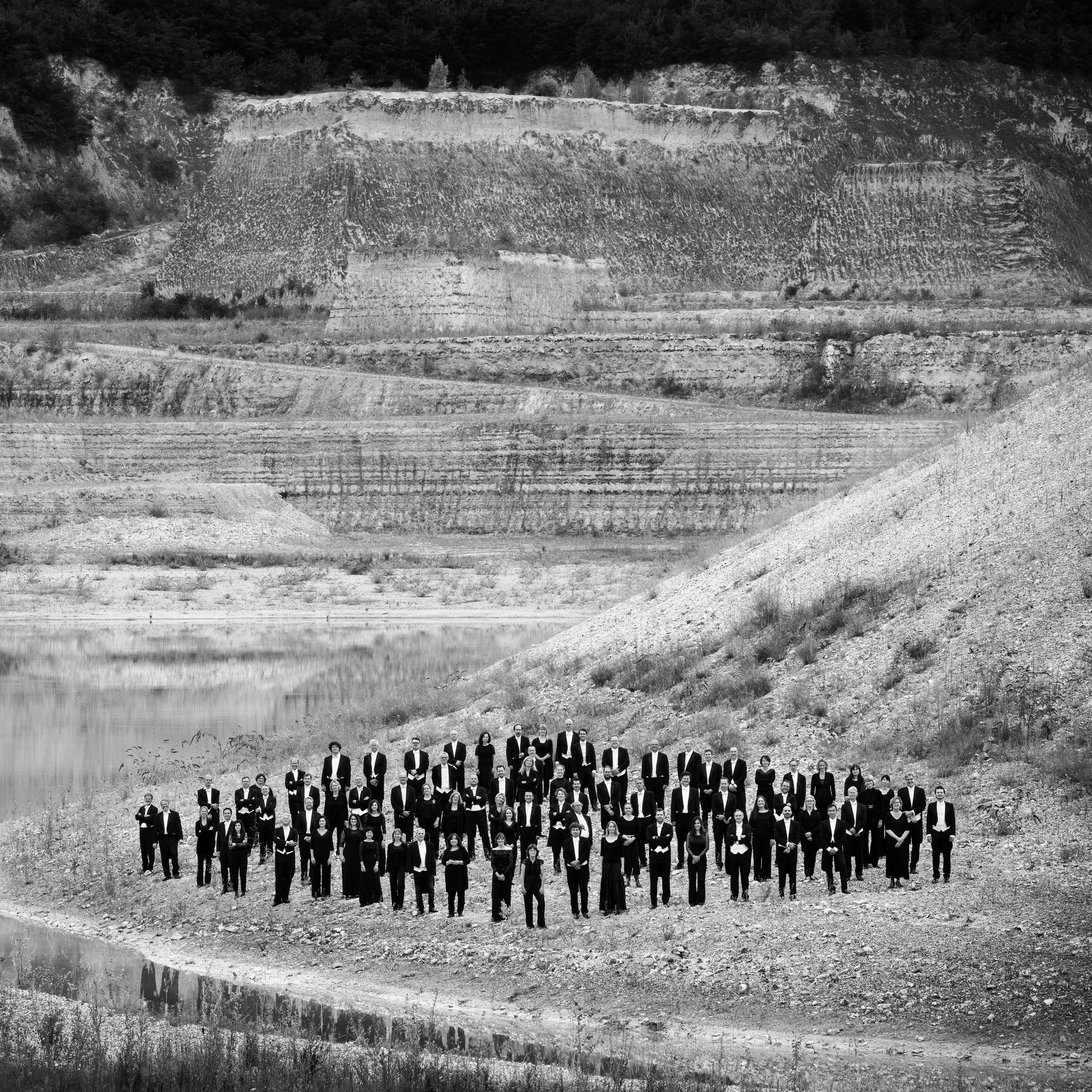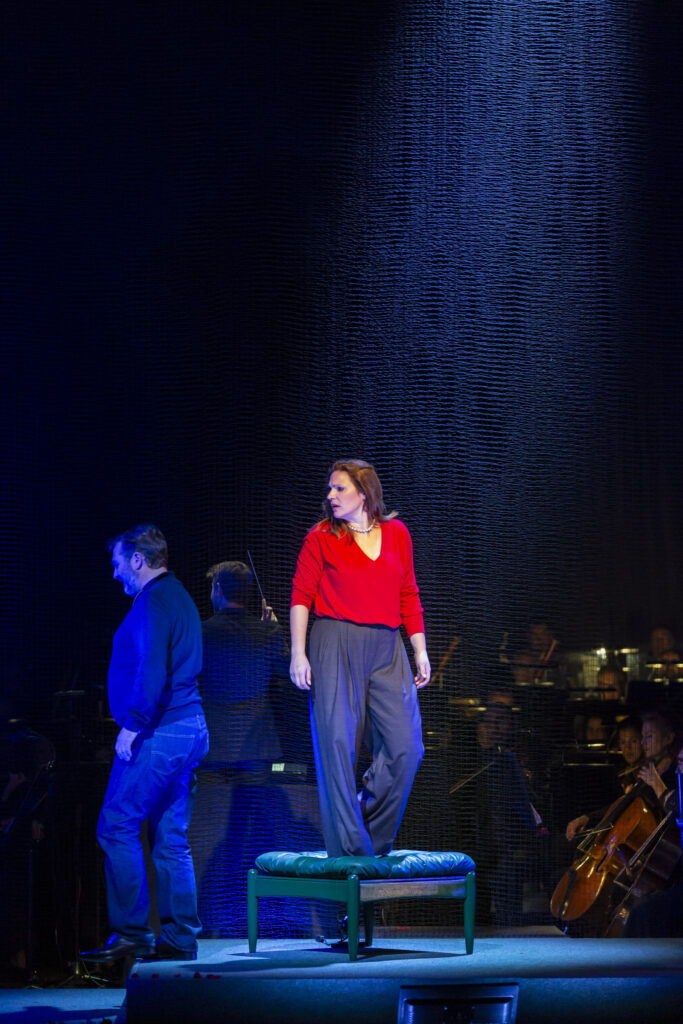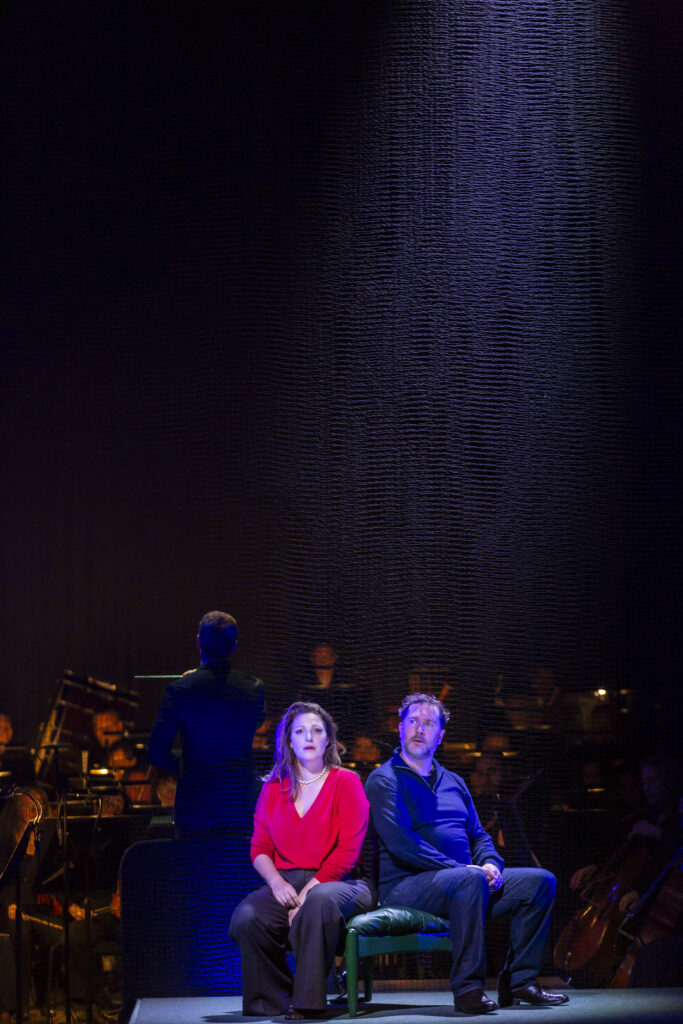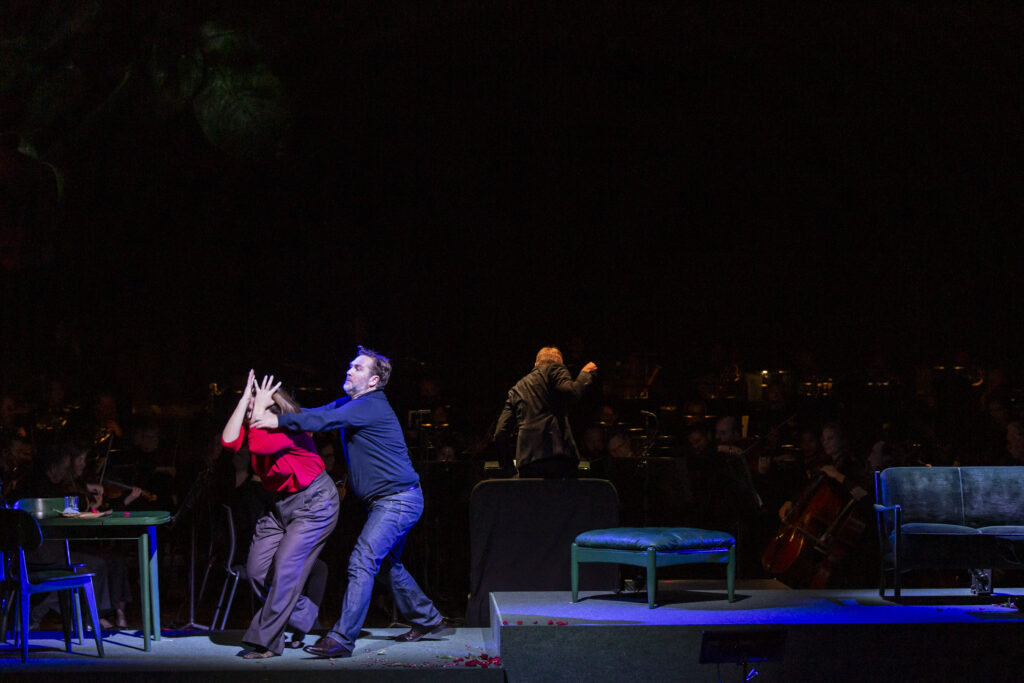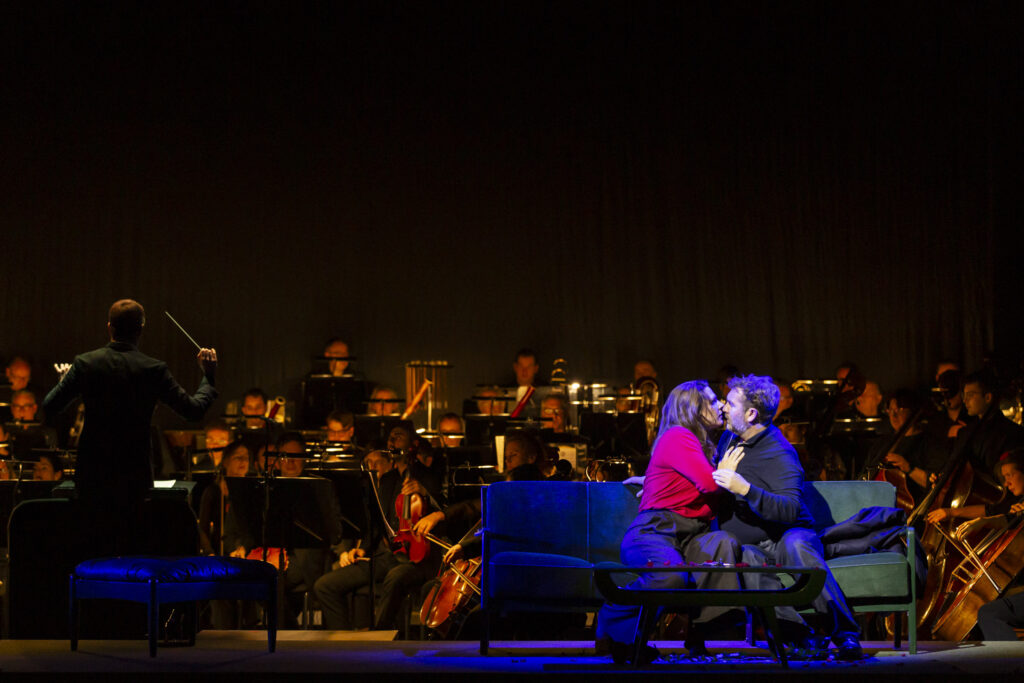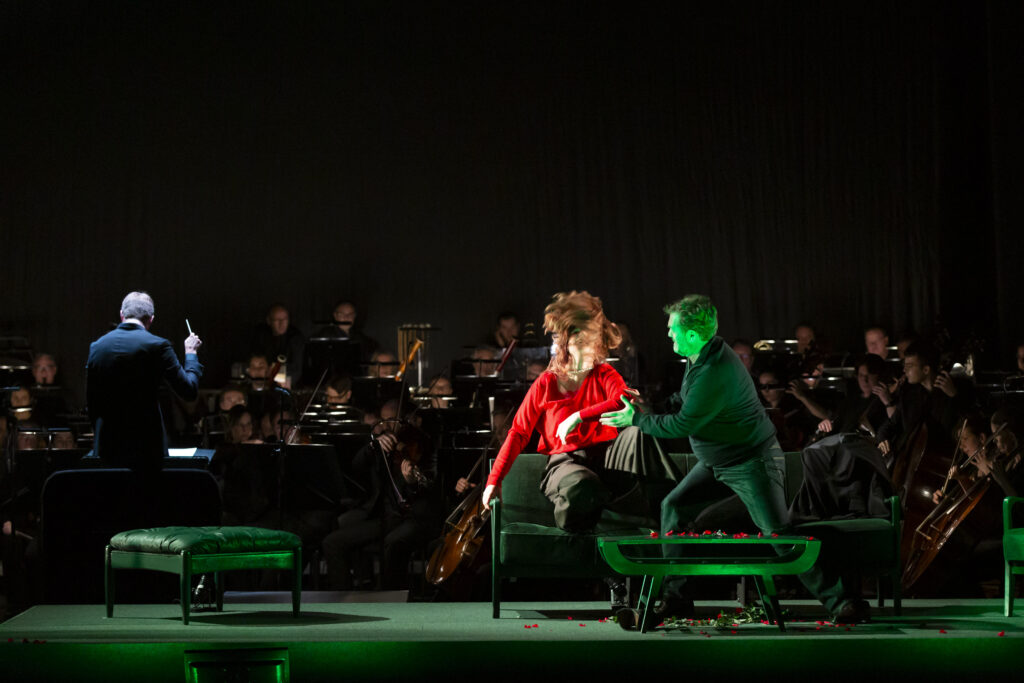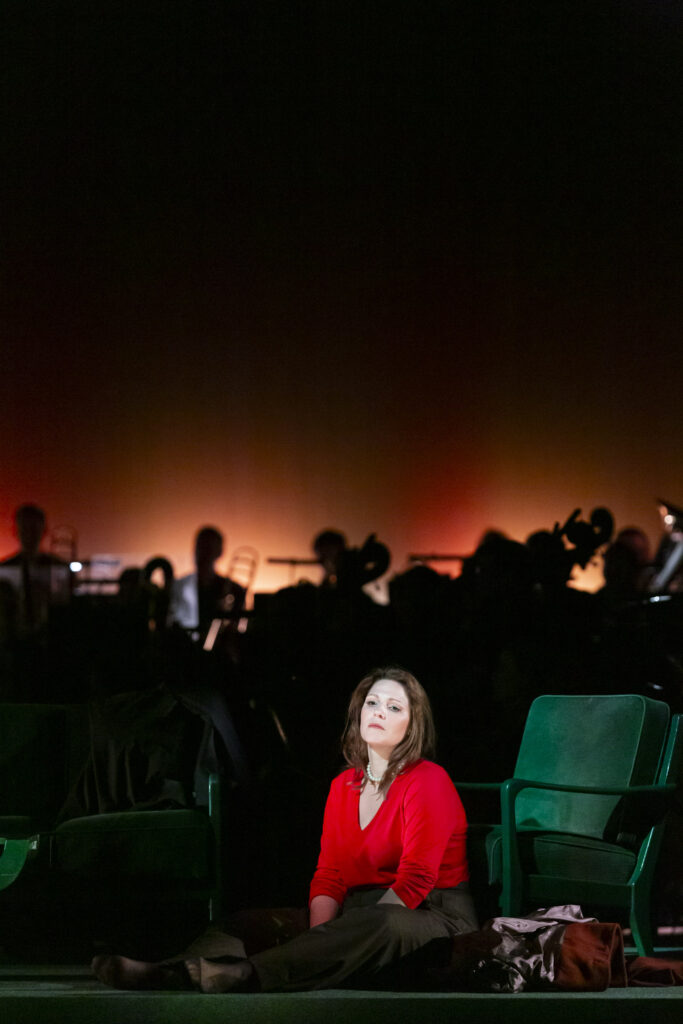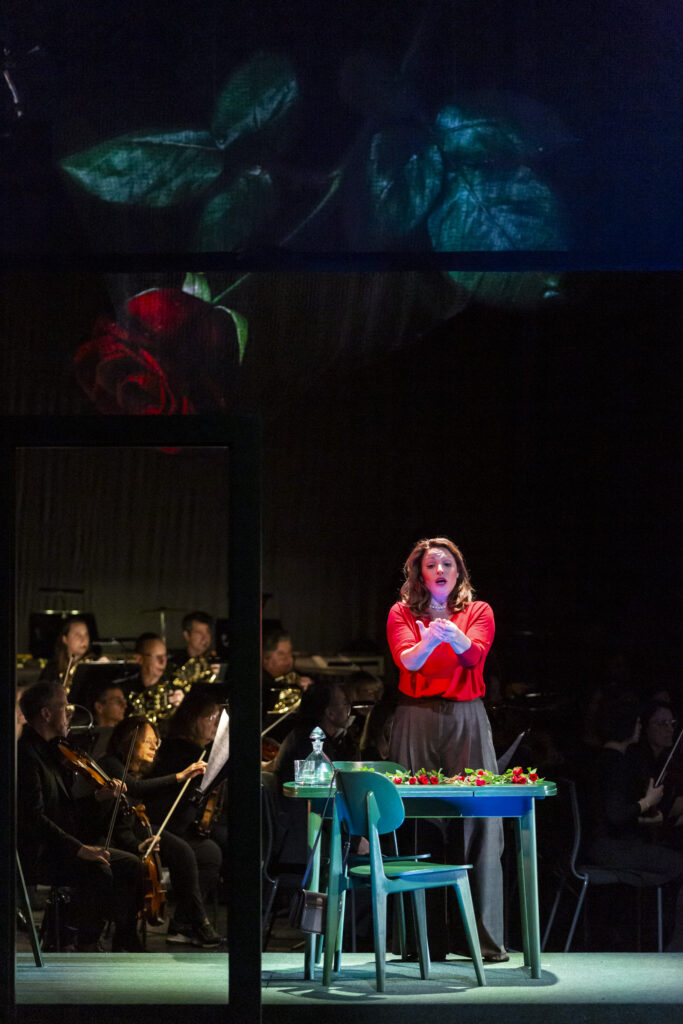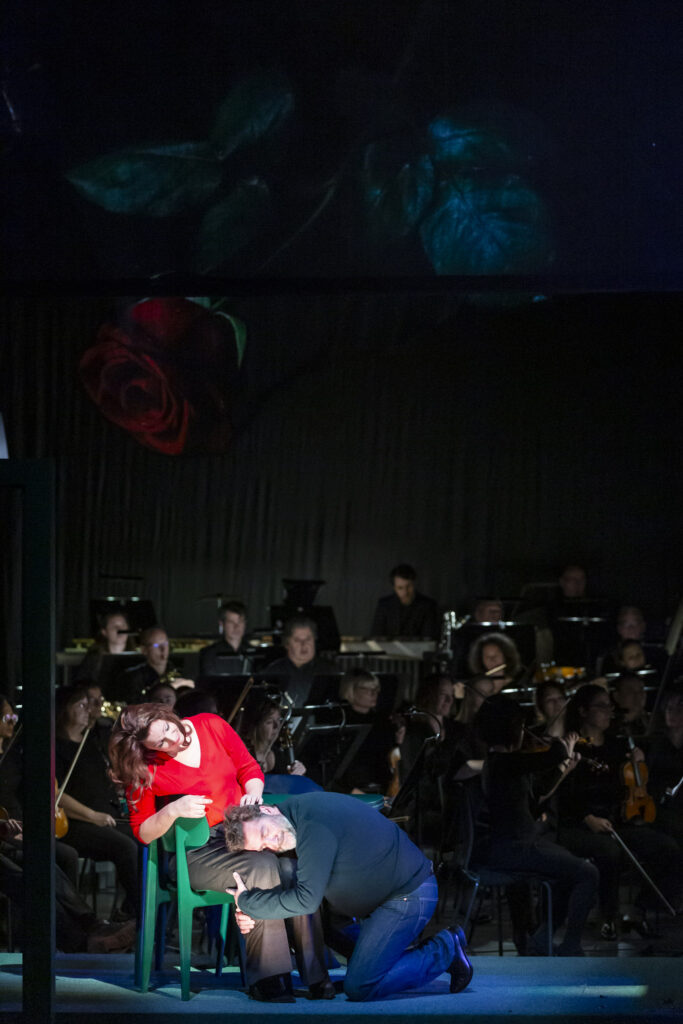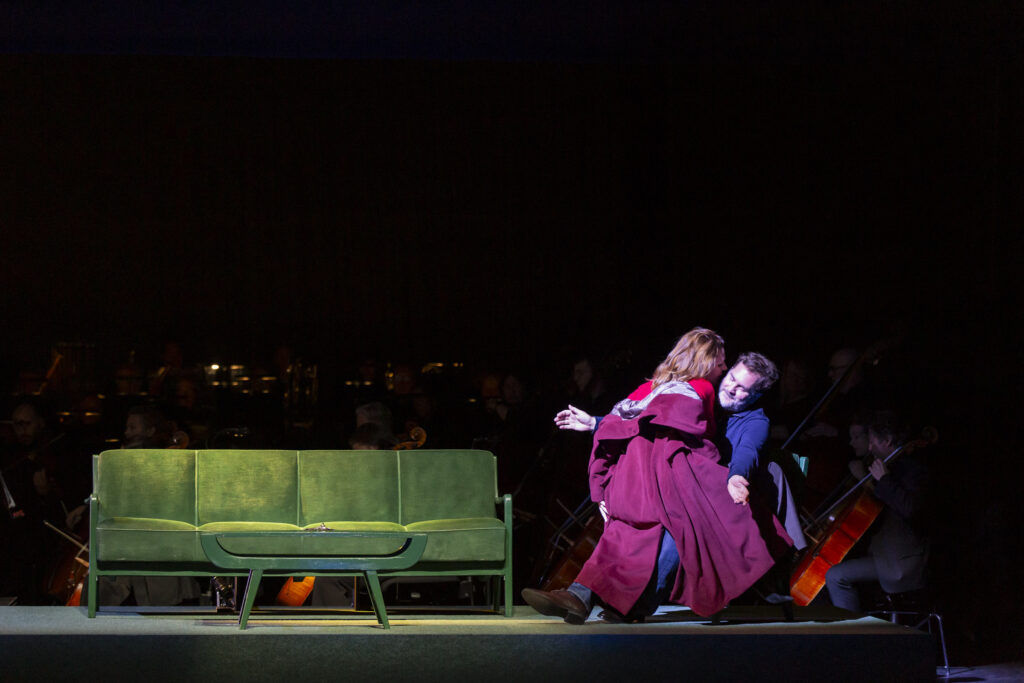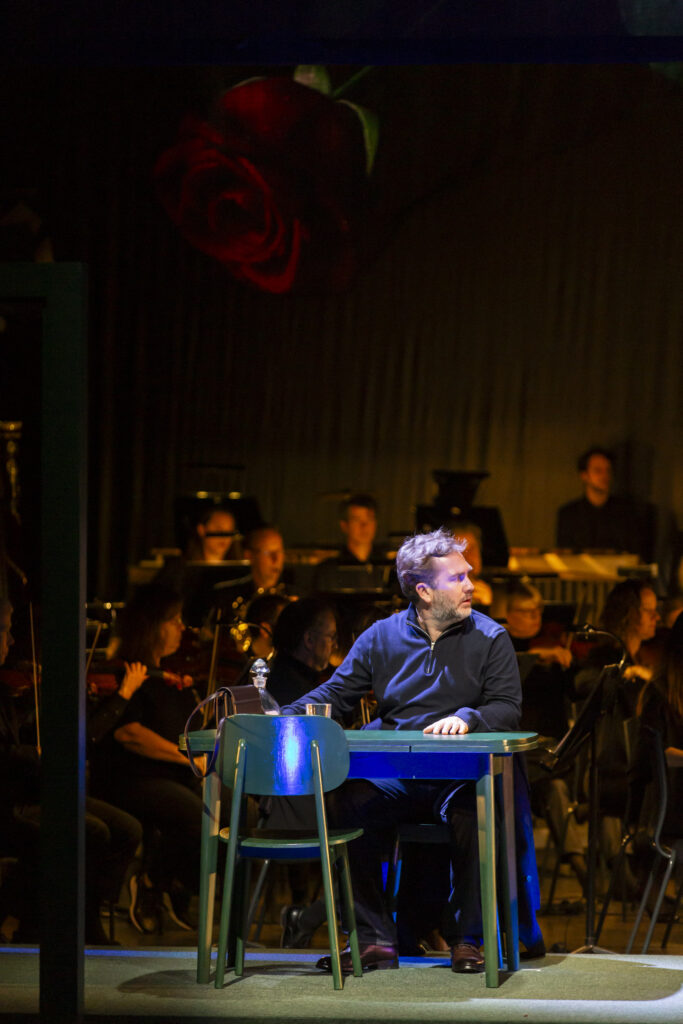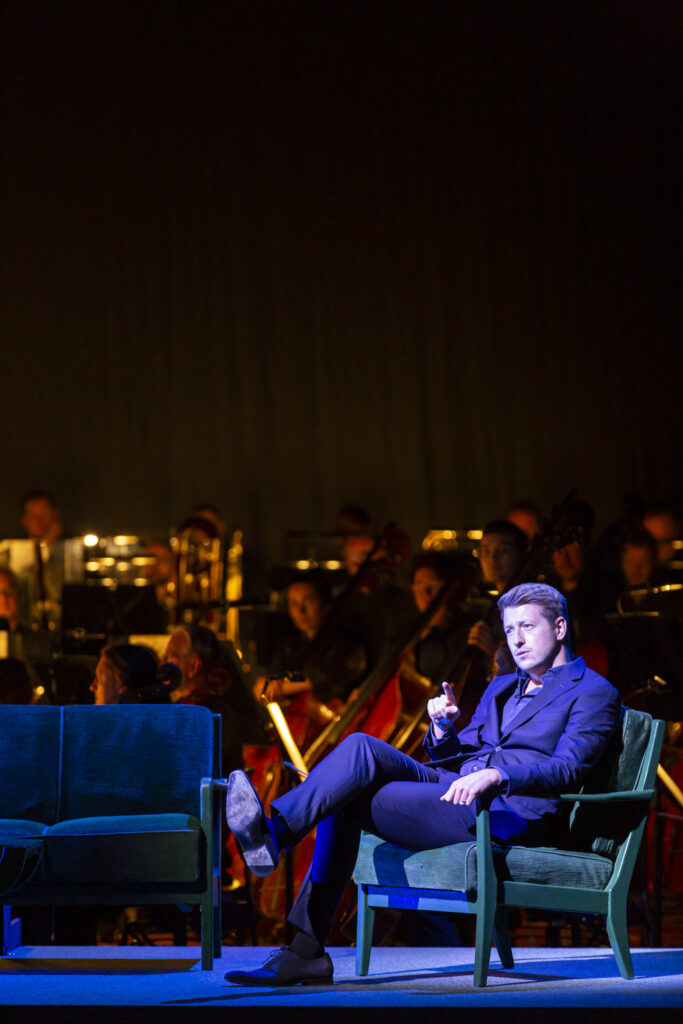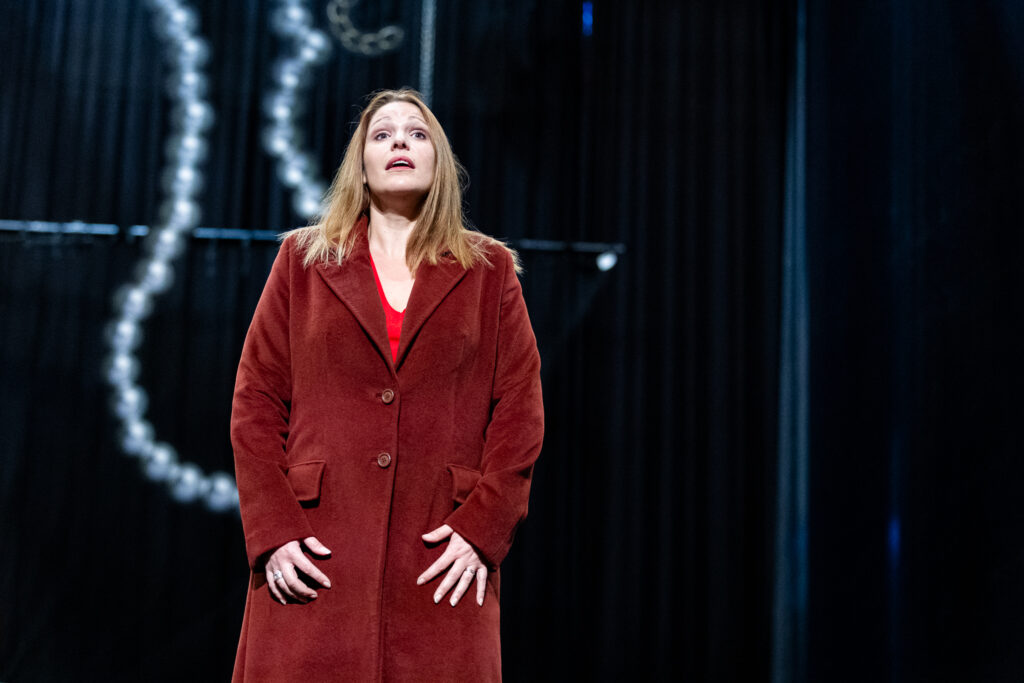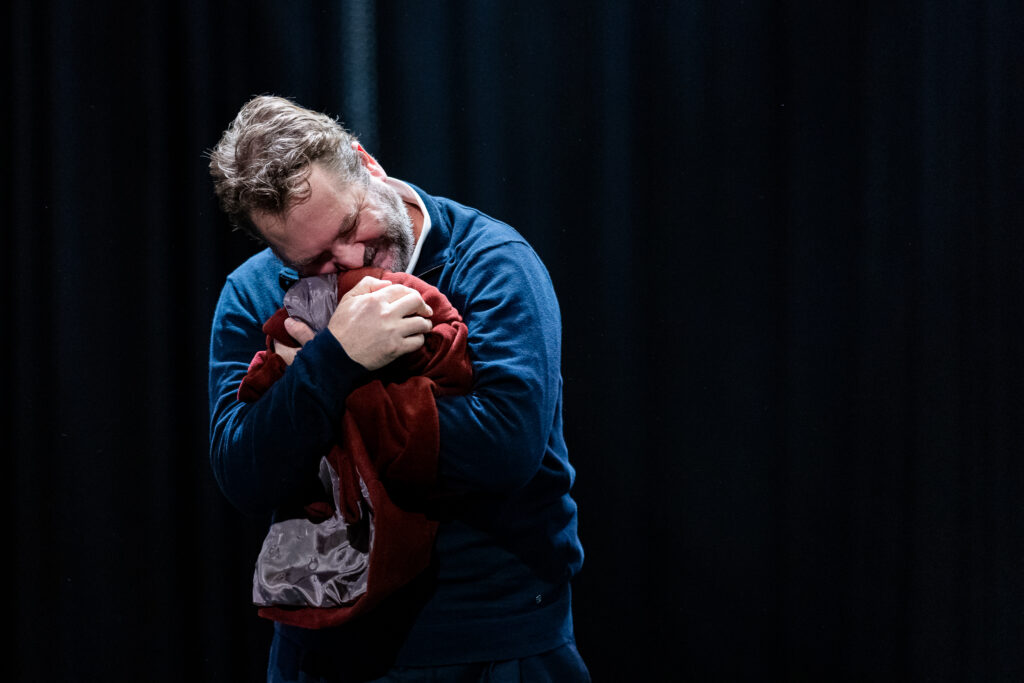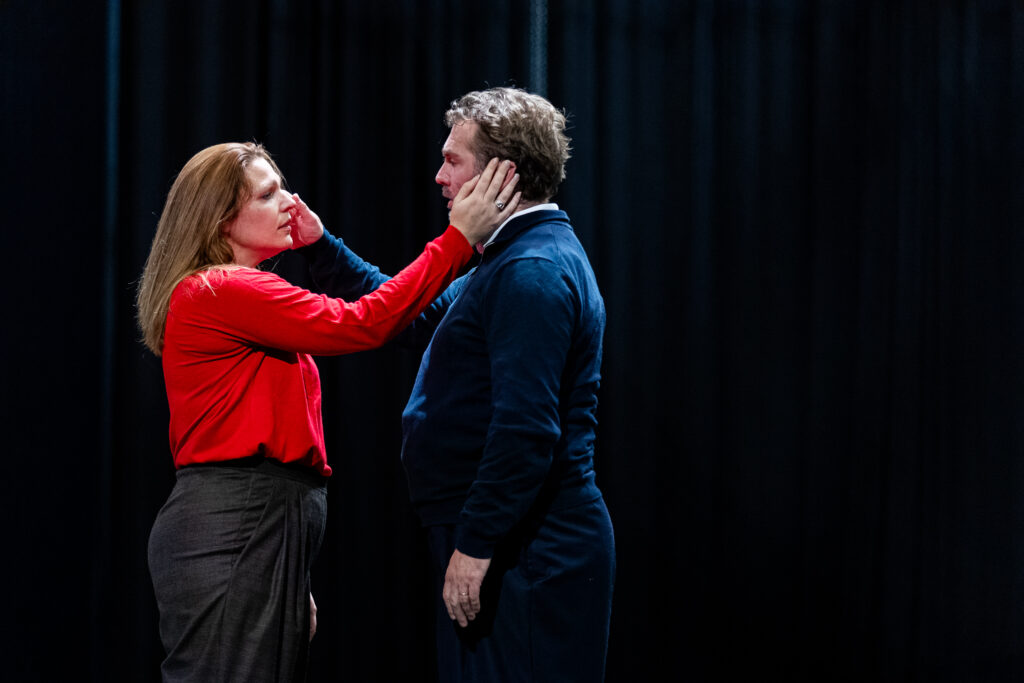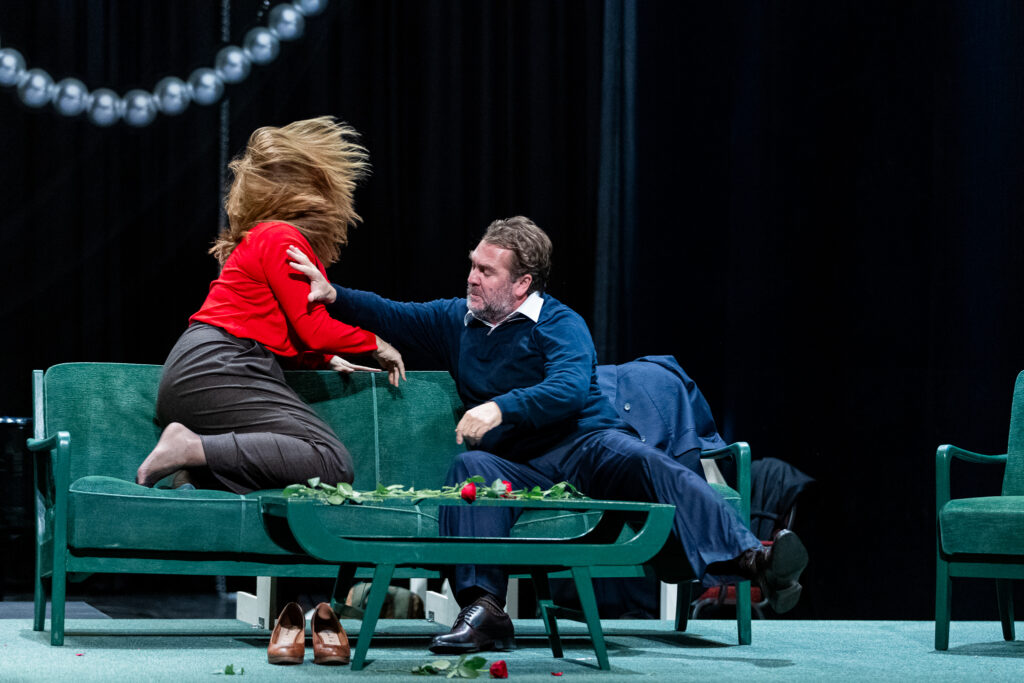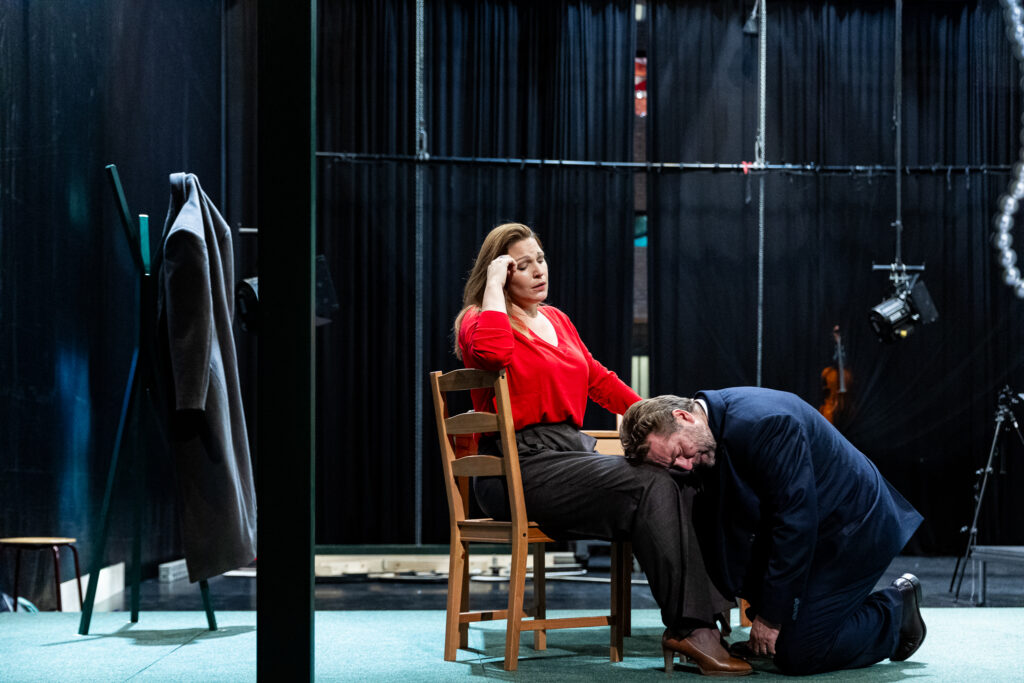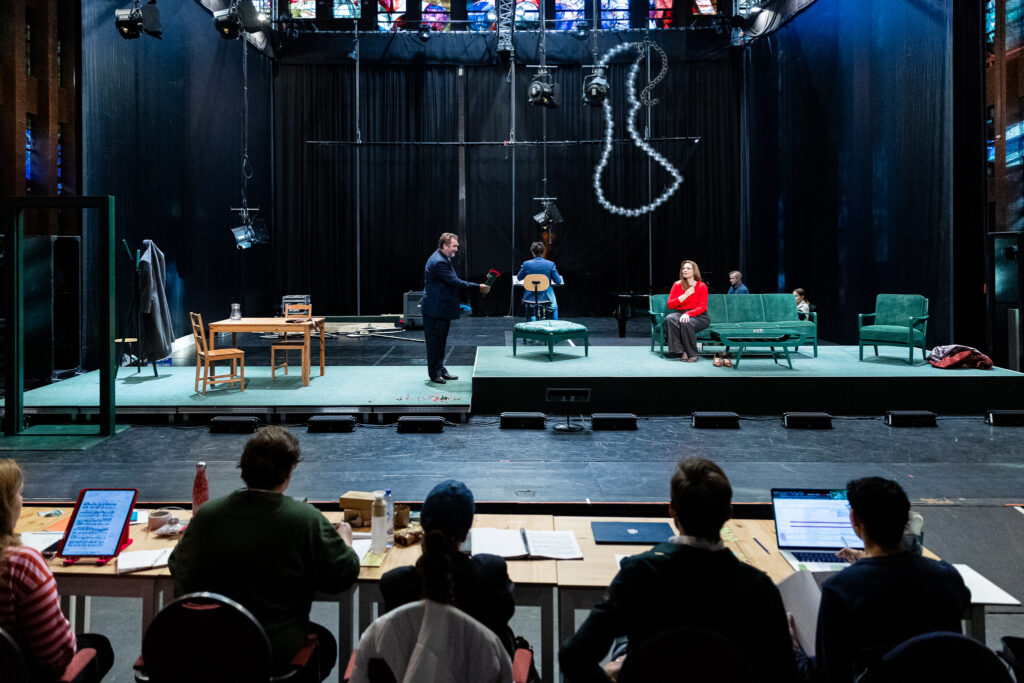Info
Bluebeards Castle is a psychological thriller about the question of how much truth love can tolerate. The opera tells the story of Judith who marries the mysterious Bluebeard. In her desire to get to know him, she cannot contain her curiosity. The overwhelming music, in which the Hungarian composer Béla Bartók pulls out all the stops of the orchestra with a masterful hand, does the rest.
Bluebeard brings his young love to his dark castle. Here Judith discovers seven locked doors. Despite warnings not to proceed, she insists on opening all the doors and revealing Bluebeard’s hidden chambers. Behind every door she discovers gruesome secrets of Bluebeard and his past. Can Judith’s light dispel the darkness in Bluebeard’s castle?
Masterful music by Bartók The dark and intriguing story of Bluebeard and Judith is enhanced by Bartók’s music; one of the most influential composers of the 20th century. In Bluebeards Castle he masterfully combines elements from folk music with an enchantingly rich harmonic language. He uses the orchestra as a powerful instrument to underline the emotional depth of the story.
Enter Bluebeards Castle in an intriguing adventure full of mystery, passion and hidden secrets.
Internationally acclaimed singers Thomas Oliemans and Deirdre Angenent make their debut at Opera Zuid as Duke Bluebeard and Judith.
Bluebeards Castle is a co-production of Opera Zuid and Philzuid and lasts approximately 60 minutes and is sung in Hungarian with Dutch and English surtitles.
IN CONVERSATION WITH DIRECTOR KENZA KOUTCHOUKALI Director Kenza Koutchoukali previously directed Bluebeard for the National Youth Orchestra (NJO) and now immerses himself again in this psychological drama.
What do you think Bluebeards Castle is about? ‘This story is about a love relationship between two people. About getting to know each other, wanting to know everything about each other and how that can lead to having to reveal parts of your inner self that you would have preferred to keep secret from the other person, perhaps even from yourself. Above all, Bluebeard’s Castle is a deeply human and timeless story about getting to know yourself and the crucial question to what extent you can open yourself up to others.’
Bartók wrote Bluebeards Castle at a time when symbolism, subconsciousness and the understanding of psychology were emerging. To what extent do you see that reflected in this opera? ‘It’s in the way Bartók wrote this music. The characters are pushed to their limits, but they also get a break at exactly the right time, literally a few bars of rest. In one hour, Bartók tells an incredibly rich psychological drama, both orchestral and vocal. It is never too rushed or too slow, never too much, never undeservedly emotional. It comes, at least I think so, straight from Bartók’s emotional world. I would almost say that this is how you experience a psychological drama yourself.’
How does that become visible on stage? ‘I make very grateful use of the light; for me that plays an even greater symbolic role than the contents of the seven rooms. Thanks to the design of the light, it is no longer so much about Judith opening a physical door to a room, but about how she opens Bluebeard’s soul. The light in combination with the masterful music creates a grandeur where we can show precisely that small, super human theme. For me, the castle could just as well be a living room; we therefore see a recognizable domestic scene where – at the same time – the most existential crises are taking place.’
So you like to look for humanity and recognition in your directing? ‘Yes, I hope to evoke empathy in this way. I think that is lacking in this society; understanding other people’s stories. I think that will only work if you show how human it is what is happening. I myself belong to the ‘Netflix generation’; I see naturalistic play almost every day. That’s what I aim for in my own work. By working with the players to find out what a character is like and how it physically expresses itself, we can create realistic, believable characters in detail. That’s really in the piece; you feel that there is room for the characters to be people.’
Bluebeards Castle is inspired by a (horrific) fairy tale and fairy tales have a clear moral. Is that something you deal with in this opera? ‘One of the functions of the moralistic aspects of fairy tales is to teach you the difference between good and evil. I like to focus on the gray area in between. People are complex and in principle always find themselves in that gray area. We all have light and dark within us. For example, Bluebeard is reluctant to let the light in, because that ensures that Judith sees him in his completeness; who he is. I think that is recognizable for all of us. It is sometimes more difficult to show yourself in all your fullness – in the light – than to retreat into the dark.’

